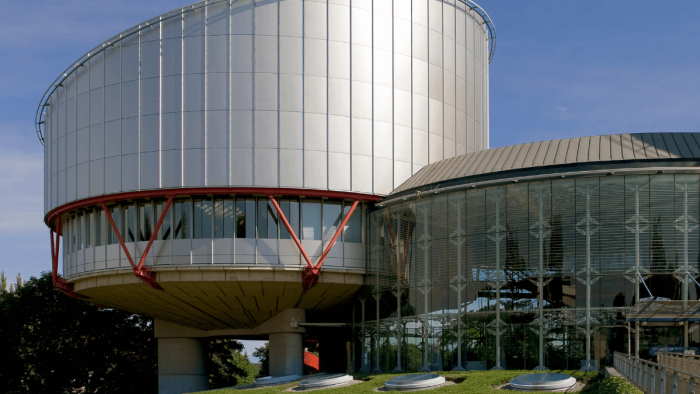
ECHR: Evidence from illegal surveillance should not be used in criminal proceedings
Fair Trials has told the European Court of Human Rights that surveillance powers must be tightly regulated because of their potential impact on criminal proceedings, and that evidence gathered through illegal surveillance should not be permissible in court.
Fair Trials made its intervention into two cases brought against the Polish government by criminal defence lawyer Mikołaj Pietrzak (Pietrzak v. Poland, App. No. 72038/17) and NGO activists (Bychawska-Siniarska and Others v. Poland, App. No. 25237/18).
The applicants have argued that Poland’s broad powers to gather information in complete secrecy undermine their rights to privacy and redress (Articles 8 and 13 of the European Convention on Human Rights respectively). However, Fair Trials believes that secret surveillance can also undermines individuals’ right to a fair trial (Article 6).
The outcome of the case could have an impact on states throughout Europe, who are increasingly using evidence gathered through digital surveillance in criminal proceedings. This has become more relevant in the context of the Covid-19 pandemic, where many countries have introduced legislation that broadens the powers of authorities to collect private information, including individual’s movements and contacts from their mobile phones. In many states, surveillance is no longer reserved for the most serious crimes, such as terrorism, and could be used for new Covid-19 related offences.
Fair Trials’ intervention makes the following arguments:
- There is currently no strict human rights obligation for illegally obtained evidence, and information obtained through illegal acts by law enforcement authorities to be excluded from criminal proceedings.
- People are unlikely to ever know if they’ve been subject to surveillance measures, unless criminal proceedings are initiated based on the information obtained through surveillance. This means that criminal proceedings are an inadequate oversight mechanism for the use of surveillance powers. Given that criminal proceedings usually fail to provide adequate remedies for the unlawful use of surveillance powers, there must be better safeguards to ensure that states do not undertake illegal surveillance in the first place.
- There should be mechanisms that will allow people to seek effective redress for illegal surveillance through the courts, even where no criminal proceedings take place. Individuals should be informed that surveillance has taken place, so that they are able to challenge the legality of the surveillance.
- Countries need robust legal frameworks that clearly state the conditions and circumstances that allow the authorities to use the power to carry out secret surveillance.
- There need to be specific safeguards to protect the right to legally privileged client-lawyer communications, which must remain confidential and protected from state surveillance to safeguard the right to a fair trial.
- As well as judicial oversight in individual cases, independent bodies should oversee more systematically the operational activities of surveillance by law enforcement authorities.
Read the intervention.


